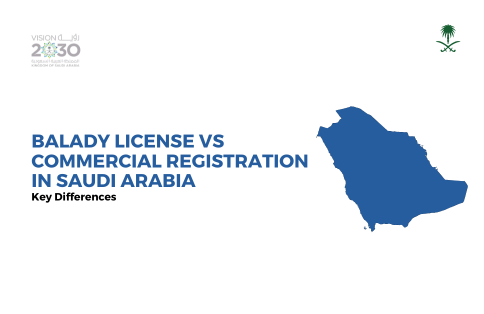Saudi Arabia’s logistics landscape is transforming rapidly under Vision 2030, fueled by massive infrastructure investment, digitization, and economic reform. For J K, this presents a compelling opportunity to establish a strong presence in the Kingdom’s thriving logistics sector.
The Logistics Boom: Trends Shaping Growth
Unified Logistics Licensing & Fasah System
The Kingdom has streamlined licensing with the unified logistics license covering land, air, and sea freight and introduced Fasah, an integrated customs e-system to enhance efficiency. Over 1,500 logistics companies are now licensed across local, regional, and international markets.
Strategic Special Economic Zones (SEZs)
Vision 2030’s SEZs, such as Riyadh Integrated Special Logistics Zone (RISLZ), offer logistics firms like J K advanced infrastructure, tax incentives, and proximity to transport hubs creating ideal conditions for growth.
Technological Innovation & Sustainability Push
Digital transformation including IoT, AI, and automation in smart warehousing is a major focus. Saudi Arabia is also emphasizing green logistics, aiming to reduce emissions and increase efficiency
Global Logistics Investments
Major players like DHL are injecting over €500 million into Saudi logistics infrastructure by 2030, while JD.com’s JoyExpress initiative brings same-day delivery to the market.
Leading Logistics Companies in Saudi Arabia
NAQEL Express
- A regional leader offering e-commerce, healthcare, automotive, and retail logistics solutions.
Sultan Logistics
- Founded in 1973, specializing in customs clearance, transportation, stevedoring, and warehousing.
Bahri (National Shipping Company)
- A major force in shipping, logistics, and tanker operations.
Others in the top ranks
- Almajdouie, Agility, GAC, Hellmann, Saudi Post, CEVA, and more.
Action Plan Summary for J K
| Phase | Initiative |
|---|---|
| 1. Market Positioning & Licensing | Secure unified logistics license; consider SEZ entry (e.g., RISLZ). |
| 2. Tech & Green Logistics Integration | Invest in automation, AI, IoT systems; adopt eco-friendly fleet practices. |
| 3. Service Differentiation | Launch premium or niche logistics services (e.g., ultra-fast delivery, cold chain). |
| 4. Strategic Partnerships | Explore alliances with global firms (like DHL, JD) to expand reach. |





















